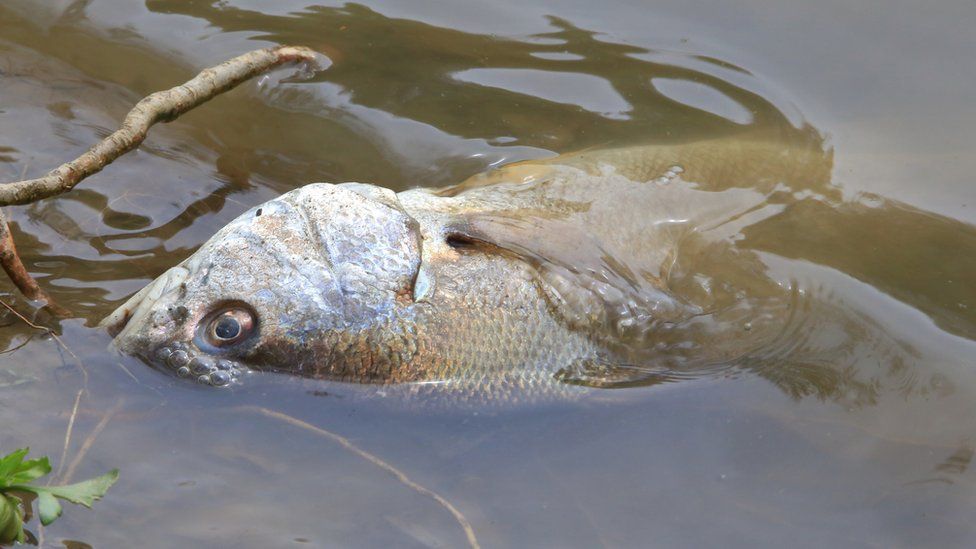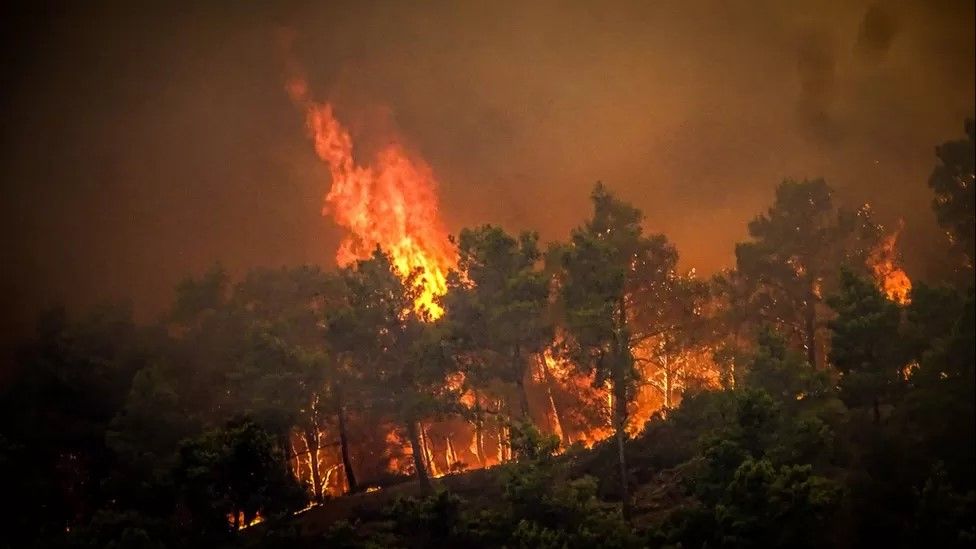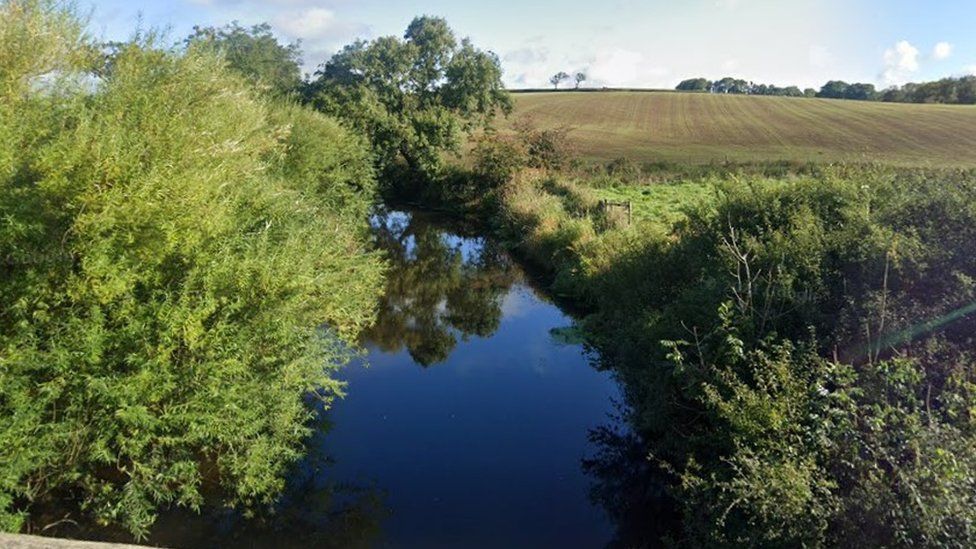Environment groups have warned that the hottest June on record in the UK resulted in unprecedented fish deaths in rivers as well as disturbed insects and plants.
The Wildlife Trusts stated that nature is being "pounded by extreme weather without a chance to recover.".
If the high temperatures were a result of climate change, the Met Office will make a statement later on Monday.
Additionally, people used more water, with peak demand in some areas rising by 25%, according to Water UK.
The overall average and the average maximum temperatures for June, according to preliminary data from the Met Office released last week, were both the highest on record.
"For this time of year, there have been unprecedented reports of fish deaths in rivers. Rivers should typically be affected later in the summer when it's hotter and drier, according to Mark Owen of the Angling Trust, who spoke to BBC News.
According to him, in one instance, dead sea trout were discovered on the River Wear in northeastern England.
As river levels drop, there is less oxygen in the water, which contributes to some of the deaths. Additionally, fish perish when pollutants from trucks and cars on roads wash into rivers during lightning strikes.
In comparison to this time last year, the Environment Agency reported receiving more reports of dead fish.
According to Ali Morse from the Wildlife Trusts, many flowering plants, including orchids, withered in the high temperatures, which means bees and butterflies—which consume nectar and pollen—will have less to eat.
Short-lived species are particularly negatively impacted. Many butterflies only have adult status for a brief period of time, and if they are unable to access food during that time, the population will suffer.
Given the wet and chilly spring and the fact that these effects are occurring earlier than last year, Ms. Morse added, they are more unexpected.
Every month seems to set some sort of record, whether it be for temperature, precipitation, or any other factor. Normally, nature has time to recover from a single incident of pollution or a wildfire, but lately, it seems to be battered by extreme weather, she continued.
The environment and water supplies in the UK are under stress from warmer weather that is occurring more frequently and intensely.
People also use more water in their homes as the temperature rises. According to Water UK, water companies delivered 1.2 billion liters more water in July and August of last year than they did in the same months of 2021.
There are hosepipe bans in place for residents of Devon, Cornwall, and some areas of the south-east of England.
Rivers and reservoirs, which provide the majority of the UK's drinking water, are reportedly in better shape than they were at this time last year, according to water experts.
However, the dry weather is probably going to affect water supplies, and if warm weather persists, those supplies might run out quickly.
Water UK is advising people to "continue saving water to help safeguard against potential future drought conditions" in their residences and places of business.
Ms. Morse explains that people can contribute to nature's ability to withstand the effects of extreme heat by taking small, straightforward actions.
Hedgehogs, bees, and butterflies can all find water in a bowl in a garden or yard.
Additionally, taller grass is more resilient in hotter climates and provides species with a crucial habitat, so she advises allowing even small patches of lawn to grow taller.







